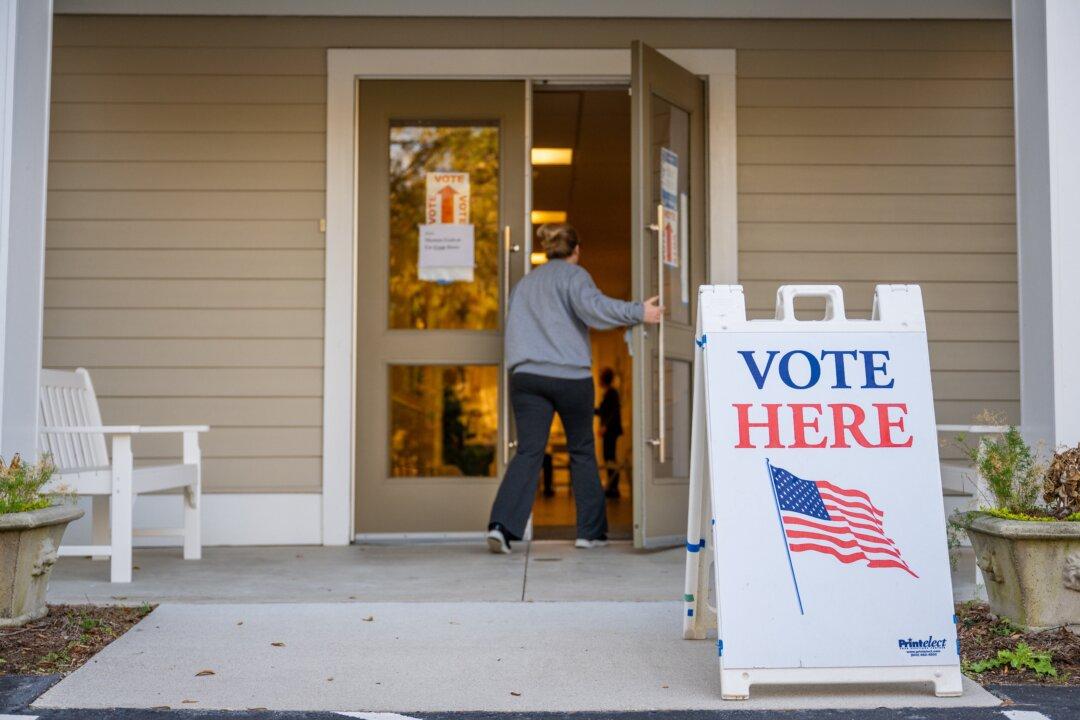A federal court has ordered the South Carolina Election Commission to allow out-of-state entities to access and purchase copies of the Statewide Voter Registration List.
The Statewide Voter Registration List is a record of the most current and accurate voter registration information compiled and maintained by the state’s Voter Registration and Election Management System.





